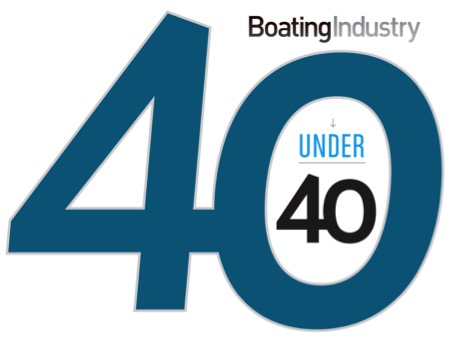Choosing the right winterizing additive
With ethanol-blends and other biofuels becoming more prevalent in the market, its more important than ever that dealers, marinas, boatyards and boaters pay more attention to what’s going in the tank, whether it’s the fuel they use or the additives they choose.
With no specifications for fuel additives, and increased demand for ethanol treatments, the situation has been ripe for confusion, said Marvin Griffin, president of ValvTect Petroleum Products, which supplies both marine fuel and marine fuel additives and private labels additives for engine manufacturers.
“The market created such a great demand … and many products came out of the woodwork making exaggerated claims without any backup,” he said.
Not only do some additives currently available not solve problems, they can cause engine failures, leading to upset customers that end up leaving boating altogether.
E15 – a 15 percent ethanol blend – has been gaining traction as the ethanol industry looks to get more of its product into the marketplace. While the Environmental Protection Agency has approved its use for 2001 and newer automobiles, it is prohibited in marine engines and small engine applications.
Despite that, with its availability at gas stations, it’s important to make sure your customers understand the dangers of using E15, which industry research has shown destroys marine engines. Research by BoatU.S. shows that two-thirds of boaters fill their boats at gas stations.
There are similar challenges with diesel, with many states ramping up their requirements for biodiesel, which can rob the fuel of power and performance and cause fuel to become unstable more quickly.
That means it’s important to educate your customers about where they fill up, as well as what additives they use. There are plenty of cheap options out there, but spending a little more for the right additive will pay off with better performance.
To combat ethanol issues, dealers need to look for a multi-function additive that includes a stabilizer, a corrosion inhibitor, a moisture dispersant that holds the moisture in suspension to help prevent phase separation and a detergent that will block deposits forming in the engine.
When it comes to diesel fuels, low-sulfur blends and biodiesel can cause similar problems, but in addition to the components needed for ethanol blends, additives used for diesel fuel also need to contain a biocide that will prevent or kill bacteria.
Dealers should also ask how the additive is tested and if the testing meets ASTM specifications.
Now’s the best time of year to get the factual information you need about fuel additives with the upcoming marine distributor shows. Talk to suppliers about the features and components of their additives. Be sure to ask for documentation that shows the products have passed testing that meets ASTM specifications.




